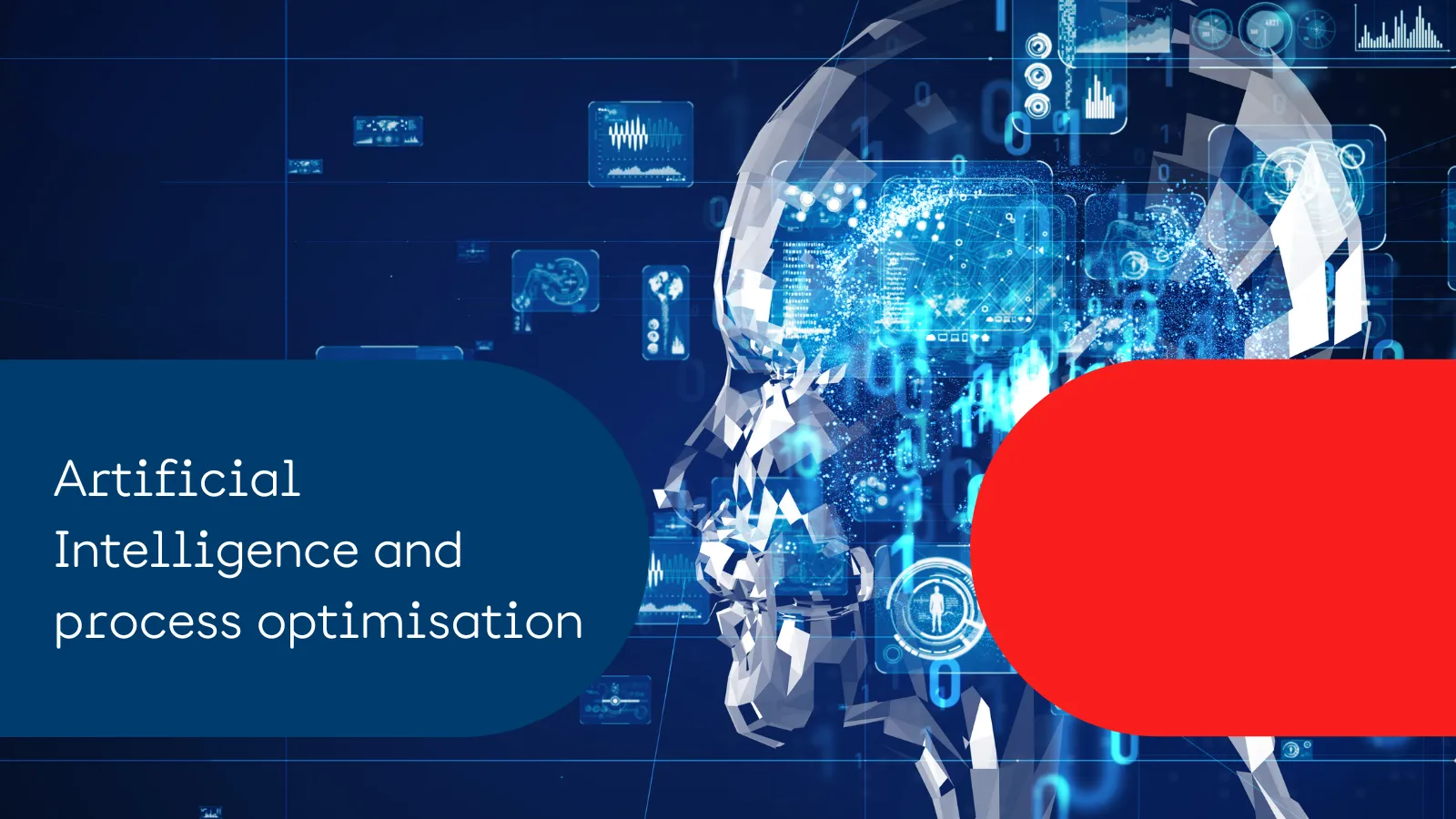
Over the last few years, the uptake of Artificial Intelligence solutions by companies has become increasingly widespread. In fact, it is becoming more and more common to use these techniques to conduct analysis and predictions in order to take advantage of the increasing amount of business data that takes into account a greater number of variables. This streamlines decision-making processes, so that decisions are increasingly more informed as they are based on more data from multiple sources.
Process optimisation is one of the disciplines to which Artificial Intelligence is adding the most value. The approach to developing solutions that improve this optimisation is holistic, taking into account the multiple interrelationships that may exist between data, devices, areas or participants. For this reason, the resolution of this type of question is carried out in a more detailed way, solving specific problems so that, by combining all the perspectives, a more favourable result is achieved than that achieved by each of the solutions individually.
Within the industrial and electricity sector, there are many areas that are taking advantage of new technologies to optimise the achievement of positive results. The processes carried out in companies are very diverse and affect all of their business units, either separately or combined with others. Asset management and replacement processes, investment management, maintenance and construction project management, etc. have all benefited from the inclusion of Artificial Intelligence techniques.
At Elewit, we pay special attention to the implementation of this technology. Thanks to the data available to our business units and, above all, to the great knowledge that our staff possesses and generates, the training and validation processes of Artificial Intelligence techniques generate efficiencies and return promising results from the earliest stages. Some of the techniques employed include neural grids, expert systems or rule systems, among others.
Some of the solutions to optimise the asset management processes of the transmission grid that Elewit is working on include SAGA, a technological solution that uses Artificial Intelligence to develop predictive maintenance based on the condition of the assets and the global risk of the grid, and DALIA, un proyecto diseñado para evolucionar los procesos relacionados con la inspección y el mantenimiento de líneas aéreas, en concreto los procedimientos técnicos actuales, los flujos de información, la operativa de ejecución de los trabajos en campo, así como la capacitación y formación necesaria para los profesionales del área.
Similarly, the improvement of felling and pruning processes through the digitisation of vegetation, and the estimation of voltaic power with satellites, together with the first two solutions, allow for a more efficient use of resources, improving the quality of service and the internal functioning of the business units.